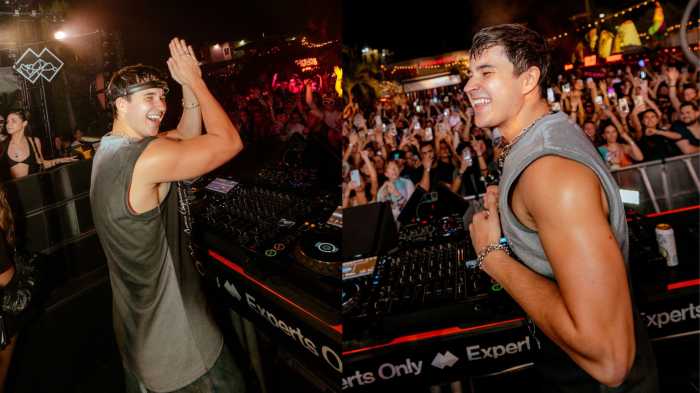As children sat transfixed Springfield Gardens principal, Dr. Robert A. Hickson, awarded a high school diploma to 81-year-old Anthony Candell. Candall, a World War II veteran raised in Jamaica, Queens, was captured by the German army and imprisoned in a war camp where he was injured and later freed in 1945.
After waiting almost 60 years for his "graduation ceremony," the event was finally held at the Veterans Administration NY Harbor Healthcare facility on 23rd Street in Manhattan, in front of student leaders from 30 primary and middle schools from School District 28Q, as well as other war veterans and the media. With Veterans Day canceling school on Monday, the students prepared questions to ask the World War II hero. What they got was a history lesson that should stick with them for a while.
"I know that were here to honor the soldiers who fought in the war," said 13-year-old Denicia Hazell, the student body president of IS 8 in Jamaica, Queens. "I never met a veteran before. I really dont know what to expect today."
Neither did anyone else in the room. The function was billed as a "presentation of a high school diploma to an 81-year old WWII hero," but it was much more than that. The students werent really interested in his diploma. They wanted to hear war stories. As Candell was introduced by Neil F. Kreinik, the superintendent of District 28Q, and John J, Donnellan Jr., director of the New York Harbor Healthcare System, the students readied themselves for the question and answer session.
"What was it like in the war camp?" one kid asked.
"During that time I hated the world," Candell quickly answered. "I hated everything about it. I faced a firing squad and if it wasnt for some Americans flying overhead who were shooting down, I wouldnt be here today. I saw people getting killed all the time. It was just a terrible experience. I still had a slug in my arm from when I was shot until I came back to the U.S. I had an awful hate for the German people at that time, but today I dont blame the children of Germany. You cant keep that hate with you. I dont blame the Germans today."
"What is your fondest memory about the war?" another asked. "Well, my parents had received a telegram [from the government] telling them that I was dead. Once my family realized that I was alive, they came to Fort Dix. When I saw them I was crying like a baby. Theres nothing wrong with crying, kids. During the war, I heard men crying for their mothers when they had been injured. So dont be afraid to tell your mom and dad that you love them because you never know what tomorrow will bring. But being free was the best experience for me. When I realized I was a free man I shouted so loud you could have probably heard me over here. I wasnt much to look at though. I only weighed around 95 pounds."
Most of the veterans in the audience didnt know Candell personally, but they recognized him through his accounts of what took place during the war. Many of them were crying by the time he finished.
"We identify with each other," said Dr. Harold Rosenberg, a World War II veteran who fought in the 73rd tank battalion. "Its something that you cant explain, something special. Weve been there together. Ill tell you one thing though. Hes right about what he was saying about mothers. I had a guy die in my arms. He was draped over my leg and the guy was telling me thanks for trying to save him, then he was talking about his momma. I couldnt save him. I never forgot that. I still have nightmares about what happened. I made a painting about it, but after a while I wanted to get rid of it. Besides, the guy in the painting looked like my Uncle Max." Rosenberg started to cry.































